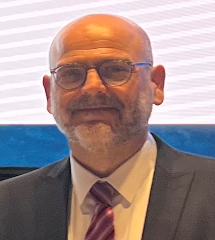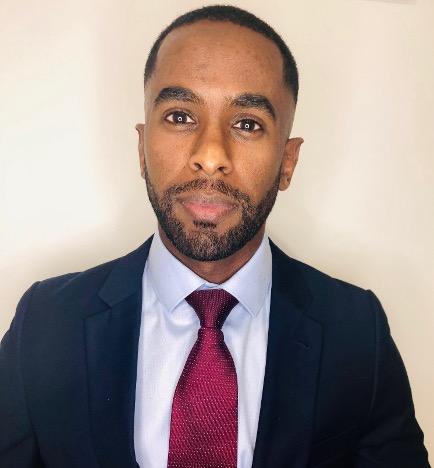
Plenary 4: Maximizing Artificial Intelligence in Investigations
Plenary 4 aims to explore how to integrate AI into investigative functions as a genuine co-investigator — one that augments human judgment, strengthens institutional readiness, and accelerates case outcomes without compromising fairness, independence, or due process. As the anchor session for all AI-related workshops at CII2025, it will provide the strategic roadmap for building effective human-machine partnerships that elevate investigative effectiveness and public trust.

Nusserwan Talati (ADB)
Nusserwan N. Talati serves as Principal Integrity Specialist at the Asian Development Bank’s (ADB) Office of Anticorruption and Integrity (OAI), bringing nearly two decades of expertise in integrity, governance, and forensic inquiry to the institution’s efforts across Asia and the Pacific. Leading the External Investigations Team, Nusserwan oversees complex administrative investigations into fraud, corruption, collusion, obstruction, and related misconduct in ADB-financed operations. He manages all stages of the investigative process, while prioritizing secure and accessible reporting channels and ensuring robust protections for whistleblowers and witnesses. His impartial, evidence-based approach underscores a deep commitment to fairness, transparency, and due process.
At ADB, Nusserwan has been instrumental in implementing the modernized Investigation and Enforcement Framework (IEF), which has fortified due process with independent first tier and appeals bodies, and aligned ADB’s sanctions procedures with those of peer multilateral development banks. He has also led the development of the Quantum case management system and championed the strategic integration of artificial intelligence and advanced analytics into investigative workflows. These innovations include risk scoring for complaint prioritization, anomaly detection in procurement and financial flows, machine-assisted document review to accelerate evidence processing, and enhanced digital forensics for integrity assurance.
Beyond direct casework, Nusserwan actively participates in international knowledge-sharing networks, such as the OECD Anti-Corruption and Integrity Initiative, and co-founded the Multilateral Development Banks’ Technology Working Group to drive collaborative modernization of integrity functions.
At the 2025 CII in Beijing, he moderates a panel on leveraging AI in investigative practice, focusing on responsible adoption to improve investigative outcomes and uphold due-process rights.

Marcelo Donolo (WBG)
Marcelo is a Manager in the Prevention, Risk & Knowledge Management unit in the Integrity Vice Presidency (INT), the World Bank’s anti-corruption unit. In his 28-year career in the Bank, Marcelo has led the development of digital solutions for procurement, risk and project management, and various other operational functions. His focus has been on exploring new operating models for business units to address and adjust to technological change while promoting a culture of innovation, collaboration, and agility. Over the last eight years, Marcelo has been leading INT’s digital transformation to leverage advanced cloud systems, develop customized AI solutions to help identify and fight corruption and manage integrity risks.

Mohamed Gafar (WFP)
Mohamed Gafar is the Head of the Digital Forensics Investigations function at the World Food Programme (WFP), based in Rome, Italy. With more than 16 years of experience in digital forensics, he is a certified Digital Forensics Investigator with a background in administrative misconduct and criminal investigations across international, government, and private sector contexts. At WFP, Mr. Gafar leads both the Digital Forensics Team and the Office of Inspections and Investigations (OIGI) initiatives on AI and automation. His focus is on developing in-house tools and applying AI to investigative processes, making them faster, more resource-efficient, and cost-effective. Before joining WFP, he worked in digital forensics, e-Discovery, and cyber investigations in the United Arab Emirates and Australia.

